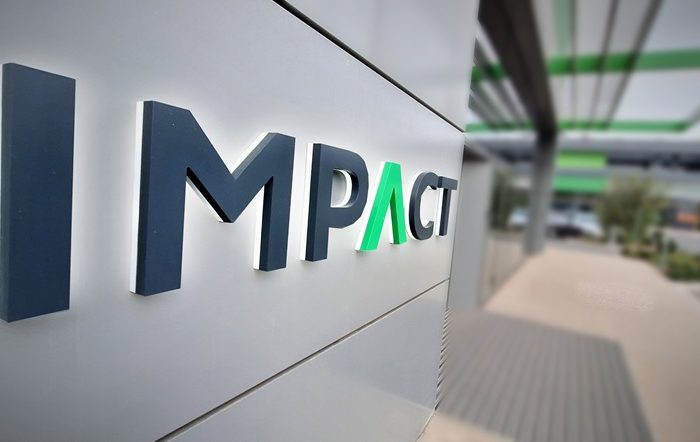Euler Hermes lowers the risk rating of 18 countries in Q1, signals risk of prolonged recession and a wave of bankruptcies caused by COVID-19

Already weakened by numerous factors of uncertainty (Brexit, trade tensions, electoral deadlines), the global economy now faces a new challenge: the Covid-19 epidemic. Not only do we witness a heavy human cost, it is also taking a toll on businesses around the world. The epidemic is disrupting supply chains, interrupting business operations, affecting household and market confidence, and severely limiting international trade.
According to Euler Hermes, global economic growth in 2020 will register a strong slowdown, reaching only +0,5% (+2,5% in 2019). International trade will contract this year at -4,5%. As a result, the risk of non-payments would rise significantly, leading to an increase of +14% in global insolvencies. In this poorly optimistic international landscape, numerous countries and sectors will be struck harshly in 2020.
Country risks: a compass for anticipating « sudden stop » risks (brutal interruption of capital flows)
Every quarter, Euler Hermes publishes its country and sector risk ratings to measure the development of non-payment risk in trade receivables. We monitor and evaluate a total of 242 countries and 18 sectors every quarter, through continuous tracking of 40 short-term and long-term economic and financial indicators. The defaults in Argentina and Lebanon these last few months confirm the necessity of the country risk model in order to measure the vulnerabilities that a crisis, such as the Covid-19, has revealed.
In the first quarter of 2020, Euler Hermes lowered the grade of 18 countries: Ecuador, Thailand, Indonesia, lndia, United Arab Emirates, Kuwait, Morocco, Kenya, Ghana, Mauritius, Czech Republic, Poland, Romania, Ireland, Slovakia, and Latvia. We also find Brazil, who is paying dearly in this global economic and health crisis, despite the initial hopes that the dynamic reforms would accelerate growth. For Japan, the country was already fragile at the start of 2020 having carried over shocks weathered last autumn; these weaknesses are now made worse with the Covid-19 epidemic. India is also on the list: the country was already facing numerous structural and cyclical challenges, and these challenges are now amplified by the current situation.
« The visible and potential consequences of the Covid-19 epidemic are integrated into our country risk analysis. We are still paying attention to the situation of other developed countries, notably France, Germany, Spain and the United States, These countries have the necessary means to protect their businesses but their situation could rapidly become more complicated should their measures of isolation and the freezing of their economies last longer. », warns Ludovic Subran, Chief Economist of Euler Hermes and Allianz.
A record number of changes to sector ratings since the methodology’s launch
Euler Hermes has lowered 126 sectors’ ratings across the world. This is a new historic level, never seen before: the previous record was in Q1 T1 2016, which saw a total of 70 sectors risk ratings dropping. It is important to highlight that in 60% of cases, these changes have lead to the sector rating going from « moderate risk » to « high risk ». Two signs proving that the global economy and businesses are going through an unprecedented, extremely complex and uncertain time.
The automotive sector is the most severely impacted leading Euler Hermes to drop its risk rating in 26 countries. This is followed by the transport sector (downgraded in 21 countries), electronics (14), and distribution (12). Pharmaceutical and software and information technology are the two most resilient industries. From a regional perspective, Western Europe suffers the highest number of sector ratings downgrades with 52 cases. This region is followed by Asia Pacific (29 sector risk ratings downgrades) and Central and Eastern Europe (24).














